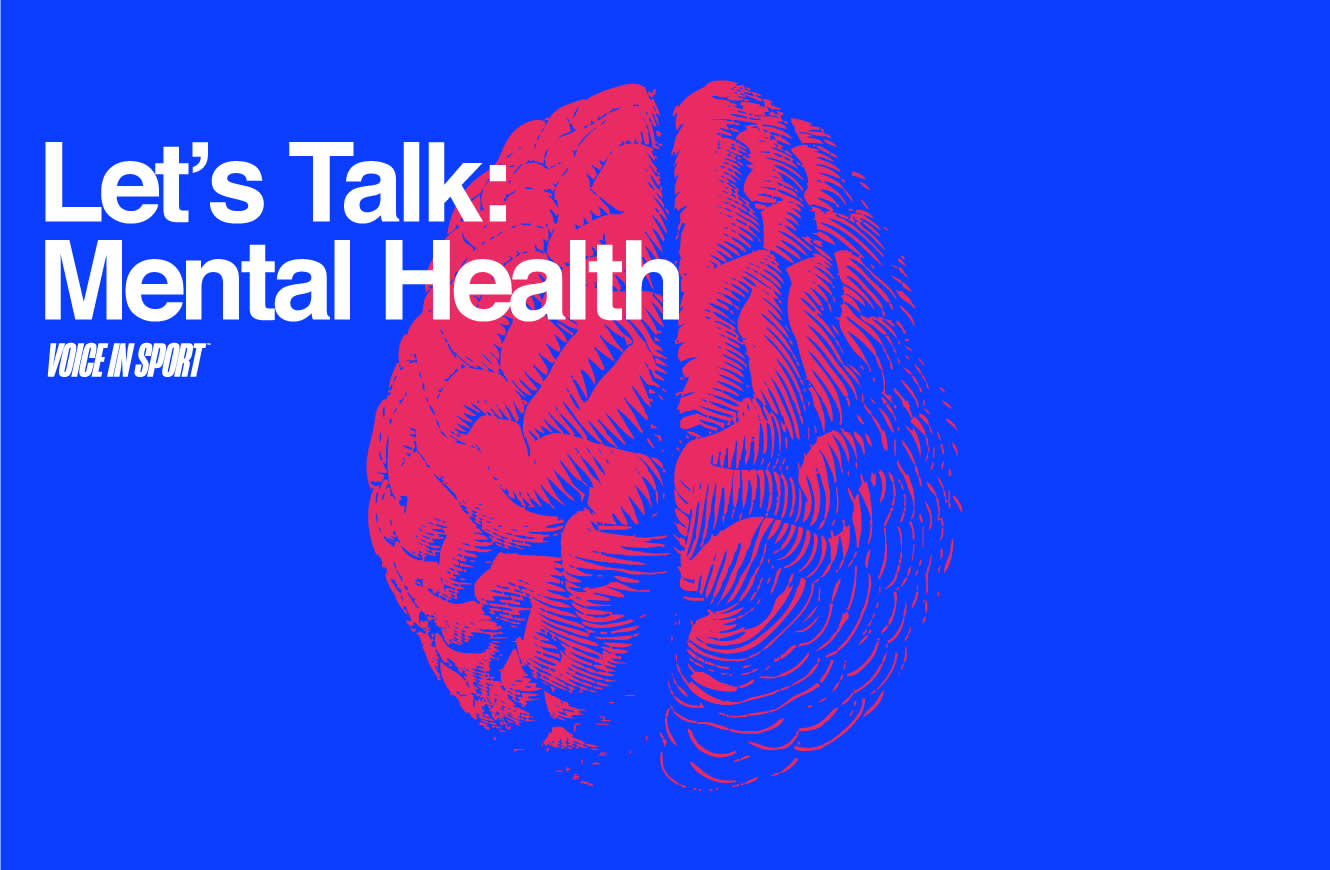Talking openly about our mental health can be uncomfortable, or even downright scary. It requires us to be vulnerable, and the stigma that has been associated with mental health can feel suffocating. So how do we navigate these conversations in a way that feels empowering and not quite so intimidating? We sat down with VIS Expert™ Holly Thorpe, and she gave us some tips to approaching these conversations surrounding mental health with your team.
Create the right environment
Thorpe suggests, “Tell your coach that this is something you would like to discuss with them, but would prefer it to be in privacy and in full confidence. It is important that you are clear of your wishes for the conversation; are you seeking further help, or is this a conversation that you would like to stay between you and the coach?” Be clear on what you need and what you want from the conversation. Planning ahead and really thinking about how we want to have these conversations can help them go smoothly, and put our mind at ease.
Find the people who make you feel safe
It can be difficult to verbalize our own mental health struggles. We should ask ourselves: Is there someone that we would like to support us when we have this conversation? “If you have a teammate that you trust, perhaps this is a good place to start as they may be willing to join you as a support-person in your conversation with your coach.”
“I think we desire to be known fully, and loved despite being known fully… Your team will be better if you have players who feel comfortable and valued and known.”
Have confidence in yourself
It is hard to express how we are feeling, and easy to fear we will be judged. If you share these thoughts, Thorpe suggests this approach: “You might explain [to your coach or teammates] that these fears have stopped you from coming forward earlier, and that you hope you and them can work together to get through this, because you both know you will be a better athlete for it. Reiterate your commitment to your sport, but also your health and wellbeing should be both your and their first priority.”
Privacy and confidentiality are extremely important
When planning to have these conversations, we must give our privacy the importance it deserves. Thorpe tells us, depending on the individual and their preferences and needs, “One-on-one conversations (or small group) are best for personal discussions about an individual's mental health concerns”. We should also consider where we want to have these conversations, as setting can have a huge impact on our comfort level and privacy.
It's Worth It
There have been countless quotes on the percentage of sport that requires physical or mental power, but the sentiment is the same: Sport performance heavily relies on our mental endurance. Dr. Thorpe tells us, “It is important that athletes feel safe to get the support they need for their physical and mental health and wellbeing. Safe and supportive conversations are an important step in getting this help”.
By having open conversations about mental health with our teammates and coaches, we can improve our performance on the field AND help reduce the stigma associated with it. Dr. Thorpe emphasizes “Discussing issues of mental health in sport early on, and having education programs for athletes early in their careers, is important to help break the stigma about mental health”. This will not only help our own overall health and sport achievement personally, but will encourage our teammates to live their most authentic lives. Just like sport; mental health is a team effort as much as it is an individual one.







